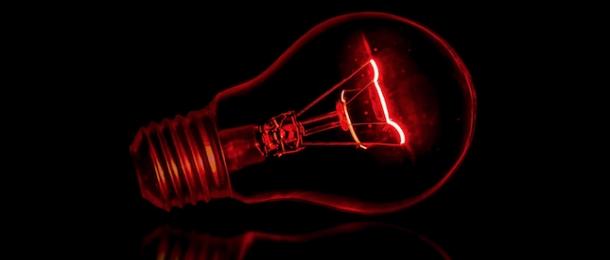
Wouldn’t it be great if we could access inspiration whenever we wanted? What if it was like a rotary knob on the back of our head? We could leave it on 10 at all times, causing everything we do to be infused with effervescent energy and enthusiasm, not to mention the endless hoards of dancefloor classics we’d produce.
Well, in case you hadn’t noticed, it doesn’t really work like that and what’s more, anyone that pumped up all the time would probably be quite annoying to be around!
The reality is that we have to invite inspiration towards us, by creating conditions in which it can thrive. We have to ‘invoke the muse’ as Steven Pressfield says in his book The War of Art (a must read for all creative types).
No matter how much you love producing music, you will inevitably have days when you’re just not feeling it, and that creative fire inside you will feel like a soggy, black mound of ashes.
Those days are not simply wasted however, there are always tricks you can try to spark your imagination - today, I'd like to share 5 of my personal go-to techniques for seeking out inspiration when it just isn't happening for you. You might be surprised with the results!

1. Duplicate Your Favourite Tracks
It's quite often the case when you're sitting down to make a track, that you have no clear goal in mind - you don’t know how things will get going, and you don't know where the track will end up.
Sometimes this can lead to something great, sometimes (more often than not) it leads to a frustrated mess, forever consigned to your ever-growing folder of abandoned non-starters.
By attempting to recreate your favourite productions, you have a clear goal defined from the outset and you completely avoid the stress and strain of the dreaded 'blank screen'.
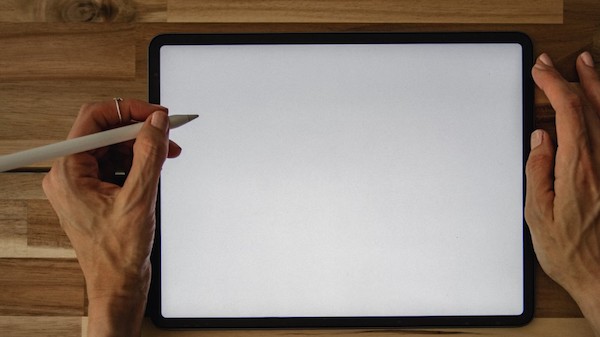
This can be a fun alternative to sitting down to make a new track and it’s a good idea to think of it more as a music production ‘exercise’ - after all, your production skills require training just like any other discipline!
Not only do you get to test your skills against your favourite producers, but it’ll also force you to get to know your synths and plugins more intimately, as you tweak knobs and experiment with settings in order to reach a very specific desired outcome.
In the end however, you may have come nowhere near making an exact replica of your chosen track. However, this may well leave you with a solid starting point for your own material, as well as a deeper connection to your production tools - after all, one of the most proven methods of learning and becoming a better producer is by making music in the image of the musicians you respect the most.
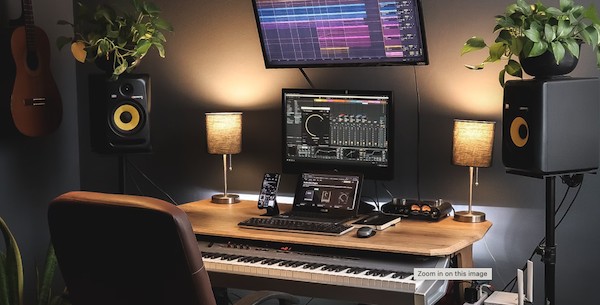
2. Use As Little Equipment As Possible
Are you a glutton for gear? Always eager to add fancy new equipment to your production set-up, in the hope it’ll take your sound to the next level?
While it’s true that upgrading your tools can have a positive effect on the overall quality of your output, one should always be mindful of the phrase “less is more”.
If by now you’ve got a good few years of production experience under your belt, you’ve probably amassed a healthy collection of synths, plugins, sample packs and other assorted studio goods.
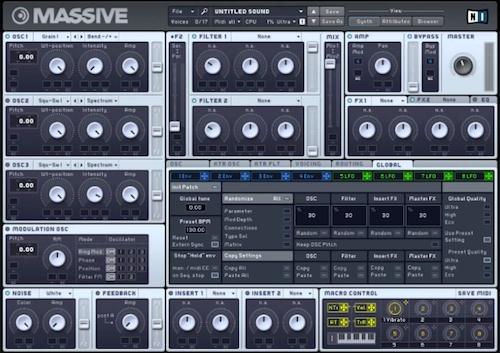
I’m also willing to guess that you only have a vague idea of how each of them works - you know that turning this knob makes it go ‘WOWOWOW’ and pressing that button makes it go ‘BLIPBLIPBLIP'!
Another way to challenge yourself is to limit the equipment you use. I like to take it to the extreme and sometimes only allow myself to use one synth to create a whole track. This forces me to really explore the possibilities with one instrument, and figure out all the cool sounds it can produce.
Instead of spending thousands of dollars looking for inspiration in a sensory deprivation tank on top of Mount Fuji, try looking closer to home at the instruments right in front of you and getting rid of the distraction of choice.
In a similar vein to tip 1, this exercise will help you develop expertise with your equipment, for only through true mastery of an instrument will your muse start to sing beautifully!
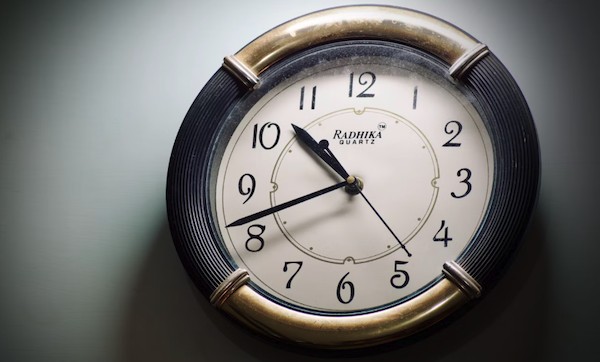
3. Give Yourself A Time Limit
In keeping with the theme of limitation, producing against the clock can be a very effective way to get inspiration through the door.
How often do you find yourself in a smokey haze at 4am, hypnotised in front of your screen, nodding gormlessly like a lobotomised zombie to a loop you created 5 hours ago?!
You’ve been in such a fog that you haven’t noticed time passing, and you haven’t really made much progress with the track. What started off as a promising idea, now sounds hopelessly monotonous.
Excuse the bluntness, but I call this 'aural masturbation’. Putting the double entendre to one side, this is when you waste time ‘enjoying’ your track instead of giving it your focussed attention and taking it where it needs to go next.
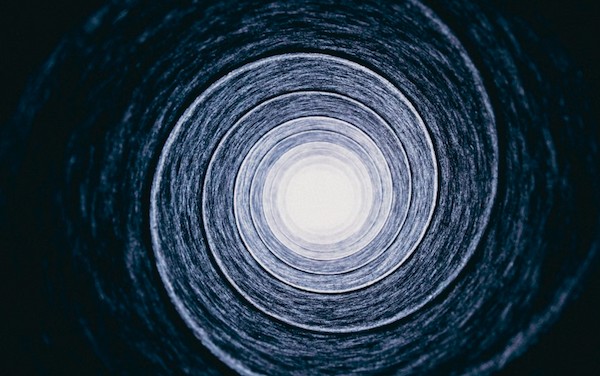
The upshot of this is that you eventually get bored and can often lose enthusiasm - as you would with anything else you did for 5 hours straight!
A good exercise for combatting this problem is to give yourself a strict time limit every now and then. Give yourself 1 hour, or 30 minutes; hell, 15 minutes even. The goal is to see how far you can get in that time.
This should stop you from over-thinking your creative decisions, forcing you to rely on your intuition as a guide.
I firmly believe it’s important to be able to work quickly, to capture flashes of inspiration and transform them into sound in as close to real time as possible. This exercise should help you hone that skill, building your habit of moving the track forward without unnecessary hesitation, as well as developing your focus in the process.
4. Mix Up Your Sound Sources
If you’re making House music, it’s very easy to get stuck in the habit of looking for disco/funk/soul vinyl to mine for samples. While there does seem to be a bottomless pit of records in these genres, chances are that someone has already used that groovy drumbeat, funky bassline, or soulful vocal lick that you think is uniquely yours.
Think of styles/genres that are totally alien to you - things you wouldn’t even think about listening to, let alone sampling. Whether it’s calypso, avant-garde, rockabilly or renaissance music - there’s always something golden to be found. The weirder the source, the more chance you’ll have of being the first to re-appropriate it.
Listening to something that’s a million miles away from what you’re aiming to create can give you a different perspective, and freshen up your creative palette. Our experimental Alteration - Prepared Piano Samples pack comes to mind!
The same thing goes for the synths and plugins you regularly use, or are known for working in a particular genre - sure Massive is great for wobble basses, but why not try it for an evolving texture, or try turning a field recording into your lead melodic element using a bandpass filter?

5. Experience Music Outside Your Bedroom
There's a lot to be said for listening to tunes on your headphones, getting lost in every corner of an album and feeling inspired to do something similar. When inspiration dries up however, sometimes there's nothing better for it than to get out into the world and listen to music in a public space.
Most people think of going out clubbing as a way to let your hair down or get a bit messed up. So did I, but after a while I began to realise that I was always really inspired to make something the next day, if not as soon as I got home.
There would often be one track that stood out for me from the previous night, one that I’d never heard before, one that really held my attention and encapsulated what I was aiming to create myself. There was always a faint memory of a hook, a snare or clap sound, or just a general feeling. I would always try to make something approximating what I heard, but more than anything try to recapture the feeling it gave me.
If you’re making Dance music, it’s important to remember that it’s supposed to serve a physical function - to make people move. There’s also a specific environment that it needs to be effective in. It’s important to keep yourself familiar with that environment and not get too detached.
Spending days, weeks or even months in the studio can often make you lose that connection to the dancefloor, and lose perspective on your music. Getting amongst some sweaty, gyrating bodies in a dirty club with a great sound-system can really kickstart your creativity into beast mode.
The same goes for other genres of course, too. Go to a gig or concert, feel the soundwaves in the air around you - then take that experience back to the studio and fire up your DAW!
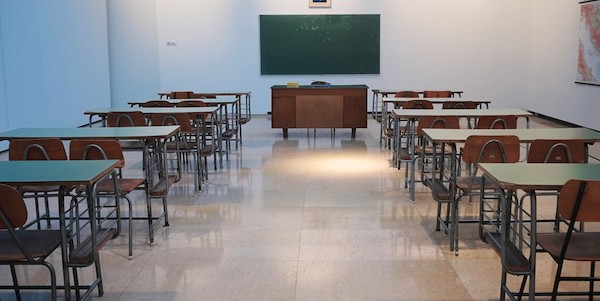
Back To The Start
What do you remember about your first days experimenting with music production? For me, it was all about fun. The idea of making a structurally coherent, polished track with balanced frequencies didn’t even cross my mind.
I was simply enjoying the discovery of this new world, experimenting with the playful zest of a newbie, and everything I made was rubbish. But I didn’t care!
As the years rolled on my skills improved tenfold, but my enthusiasm started to wane. What had gone wrong? I had lost that original playfulness that fuelled my inspiration.
What do the suggestions above all have in common? They’re all about injecting a sense of fun back into the process.
While it’s great to focus on improving your technical abilities, it’s just as, if not more, important to maintain that child-like enthusiasm that resides within.
Our suggestions above show that you can develop those things in conjunction - a winning combination! Let us know if you have any suggestions of your own for ‘invoking the muse’ - drop us a message on any of our social media platforms, using the buttons below!.













